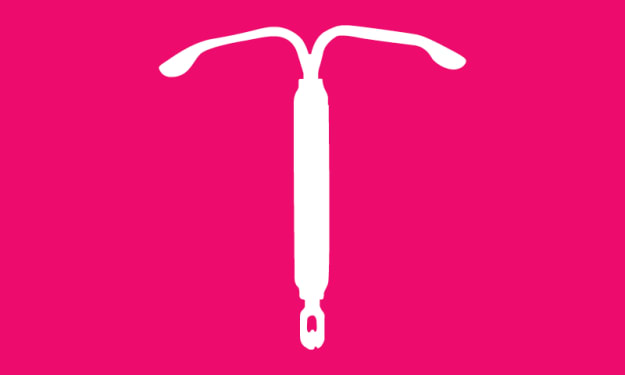Chew on This - The Unsung Struggle of Misophonia
My struggle with Misophonia, and how you can seek help if you are struggling as well.
I can’t remember much about my disorder preceding the time that I was, say, 12 years old. However, I do remember the traumatic moments that likely started it all.
I’m a kid, standing on my staircase at home looking down at my mom and her soon to be husband making out downstairs. All of a sudden I feel this sense of panic, of anxiety, horror. I scream loudly at them, barely audible and run into my room, slamming the door. My mother, yelling after me, saying something like, “Oh, relax” in a “this isn’t a big deal” tone.
Another—my mother and her fiancé crudely making out at a traffic light while I’m in the backseat of the car, less than 10 inches from their face. I can’t scream, so I try to cope the best way I can—by scratching myself to try to ease the pain.
The last standout memory is me, around the same age, trying to watch TV on the couch with a friend of mine. She was the same age as me. My mom and step dad approach me, say something like, “Look, this is called a ‘movie kiss’” and proceed to dramatically and disgustingly make out, purposely in front of me. I don't remember screaming then, just deeply wishing that I could escape.
It wasn’t until I was older that I would realize the impact of these memories on me. However, from that age on I had adverse, and sometimes dramatic reactions to any chewing or kissing noises. When my mom and step dad would kiss, I would need to leave the room, no question. I would scream at my mother when she chewed.
Over time, things just got worse. More sounds started to trigger my reactions, and from more people. If it used to be just my parents, it was now most of the people close to me as well. During high school and college, I had friends with boyfriends who weren’t allowed to kiss each other near me. Nobody understood. It sounds like a fake problem.
Near the end of high school about six years ago, I started to do some research to find out what was wrong with me, why I had this problem. My search ended quickly, but gave me a link to a self test for this disorder called Misophonia. I remember some of the symptoms in the test being “repeating the sound in a mocking way” “harming yourself one way or another”“being violent or thinking violently toward the person making the sound” and “hearing the sound when it’s not being made.” Checking off all of them, the test gave me a 7/10, which meant that I was one of the worst cases of Misophonia possible. I was relieved to find an answer and see that there were support forums online, but crushed to find out that there is no cure, nor any research done on this little-known disorder. There was nothing else to do but keep living. Of course, it began to get even worse. It started causing major panic attacks where I would start scratching my arms and legs until I was nearly bleeding. I would hyperventilate. I would likely yell at whoever was doing it. I would cry. I felt like there was no air left in my lungs to breathe. It was ruining my life.
For a while near the end of college, I felt like I was managing it. Still, there was no research on it. If there were articles, they would be dumb, uninformed ones titled Those Small Sounds That Irritate You Can Actually Be a Legit Disorder or something of that nature. However, I should’ve known it would return, and full force.
Here I am, a 23 year old woman who can’t stand to hear people chew in a quiet setting and certainly can’t stand to hear (or see) anyone else kiss, even if just a peck. My reactions remain the same, but even writing this, I can feel my heart pounding, my brain overloading, my breath stopping, as if I’m about to have an attack.
While few and far between, there have been some recent ideas on how Misophonia could be treated. From misophonia.com, “Some proposed treatments are used for disorders that are similar to Misophonia. This includes tinnitus retraining therapy (TRT), which teaches people to tolerate certain noises. Also used is cognitive behavioral therapy (CBT), which involves changing negative thoughts. Adding background noise to a person’s environment to help them ignore/tolerate their trigger sounds is often used. Other less used approaches to treatment have included desensitization techniques, deconditioning, and medications. But the majority of people in the Facebook support group do not believe desensitization is an effective treatment.”
While I have not tried TRT nor CBD, I find that an effective coping mechanism for me and many others is music, or simply walking away from the situation.
For more information, go to www.misophonia.com.
-E
About the Creator
Ella Riley
A struggling artist on the east coast who writes about a little bit of everything. Find my work in multiple vocal communities!






Comments
There are no comments for this story
Be the first to respond and start the conversation.